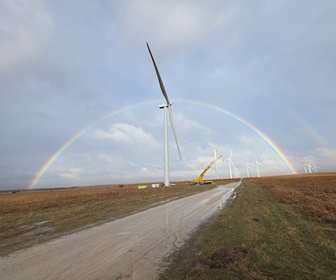A just and inclusive energy transition offers a critical opportunity to address global socio-economic inequalities. However, disparities persist in the capacity of different regions to meet renewable energy goals, such as the COP28 target to triple renewable capacity by 2030. The International Renewable Energy Agency (IRENA) highlights the need for increased international collaboration and financial support to boost renewable energy efforts in less advantaged regions.
Key actions recommended by IRENA include reforming finance mechanisms, increasing the flow of international public funds, and prioritising equitable development in the Global South. Sub-Saharan Africa, for example, has significant renewable potential but receives the least investment, facing some of the highest energy transition costs globally. Despite its potential, most of Africa's role in the critical minerals needed for renewable energy is limited to raw material supply, with value-added processes like refining often occurring elsewhere. To address this, collaboration with the Group of Seven (G7) could support Africa in reaching its goal of 300 GW of renewable capacity by 2030 by enhancing infrastructure, expanding energy access, and improving capacity building.
Small Island Developing States (SIDS) also require strong international support. Despite contributing the least to climate change, SIDS are highly vulnerable to its impacts. Achieving the energy targets in their Nationally Determined Contributions (NDCs) requires at least USD 10.5 billion in investment to meet an additional 7.4 GW of capacity by 2030, with 3.2 GW dependent on external financial assistance. Initiatives like IRENA’s SIDS Lighthouses Initiative, involving 41 SIDS and 51 partners, are crucial in mobilising resources and providing the necessary financial support to ensure these regions can meet their energy transition goals and enjoy the associated socio-economic benefits.









